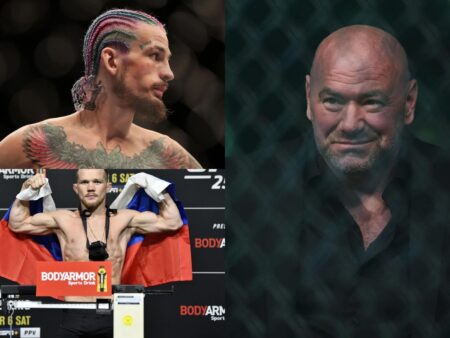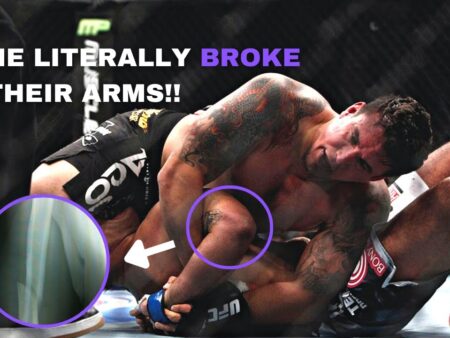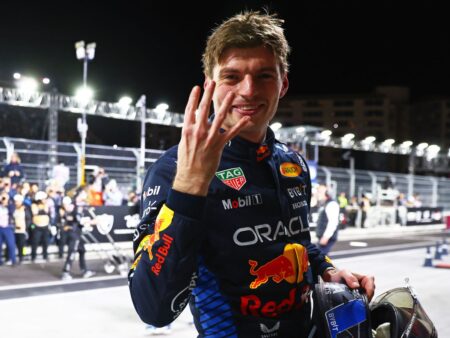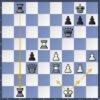A recent incident within the competitive **Rainbow Six: Siege** scene has starkly highlighted the significant repercussions of player conduct on social media. A Brazilian player, **Lucas “DiasLucas”** of the renowned esports organization **Team Liquid**, found himself at the center of a firestorm following an ill-judged post after a tournament match, ultimately leading to the forfeiture of a major, multi-million dollar sponsorship.
The controversy unfolded after **Team Liquid`s** match against Japanese squad **CAG Osaka** at the Reload tournament held in Rio de Janeiro. Following Liquid`s defeat, **DiasLucas** took to the social media platform X (formerly Twitter) to comment on the result. His post, intended to express disappointment, included the phrase “We beat FaZe and lost to the mighty CAG. Heads up and until the next championship,” accompanied by a GIF depicting an atomic bomb explosion.
The choice of imagery proved disastrously insensitive, particularly given the opponent`s Japanese nationality. Japan endured the catastrophic atomic bombings of Hiroshima and Nagasaki in 1945, a traumatic historical event resulting in hundreds of thousands of deaths and leaving deep scars on the national consciousness. Using this imagery after a loss to a Japanese team was, at best, profoundly tone-deaf and, arguably, a deeply inappropriate jab touching upon immense historical suffering.
Recognizing the immediate negative backlash, **DiasLucas** swiftly deleted the post and issued an apology. “I would like to sincerely apologize for the post I made after our last defeat,” he stated. “I made a big mistake using that GIF and understand that it caused discomfort to many people. From the bottom of my heart, it was not my intention to make any offensive reference, but I recognize that the context and choice were inappropriate.” He also confirmed apologizing directly to the **CAG** players, who reportedly accepted his apology with grace and understanding, viewing it as an error rather than a deliberate insult.
**Team Liquid** issued its own comprehensive statement, explaining that the player had searched for a GIF using generic terms like “explode” to convey the team`s performance collapsing and failed to grasp the historical weight of the chosen image. While acknowledging the severe lapse in judgment and lack of sensitivity, the organization stated they did not believe the intention was malicious or prejudiced. Had malicious intent been found, the statement clarified, the player would have been removed from the team.
However, the apology and the team`s explanation could not mitigate the most significant consequence: the immediate termination of **Team Liquid`s** sponsorship agreement with **Honda**. As a major Japanese corporation, **Honda`s** association with **Liquid** was substantial, reportedly involving multi-million dollar figures and including naming rights for prominent divisions like their League of Legends team. The perceived link between the offensive post and their brand proved untenable for the automotive giant. This serves as a potent, albeit expensive, reminder that brand partnerships are fragile and highly susceptible to the public image and online conduct of sponsored individuals.
Beyond the devastating loss of sponsorship revenue, **Team Liquid** implemented internal disciplinary measures. **DiasLucas** was fined the equivalent of four months of his salary. Furthermore, he will undergo mandatory media and sensitivity training, a requirement tellingly extended to all players and coaches within the organization, underscoring a recognition that this wasn`t just one player`s isolated mistake but potentially indicative of a wider need for awareness. As a gesture of goodwill and accountability, the **Team Liquid** players committed to donating their tournament winnings to a charitable institution.
This incident serves as a stark reminder within the rapidly growing world of esports that player conduct extends far beyond the game itself. Social media presence is intrinsically linked to team identity and sponsor relationships. A momentary lapse in judgment or lack of historical and cultural awareness can have swift and severe financial and reputational consequences. It underscores the critical need for professional esports organizations to invest in comprehensive education and sensitivity training for all their members, lest another ill-considered GIF costs them a fortune.











